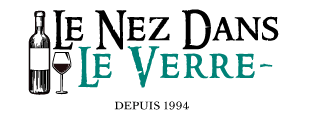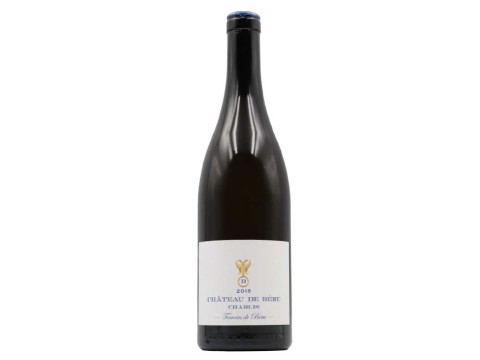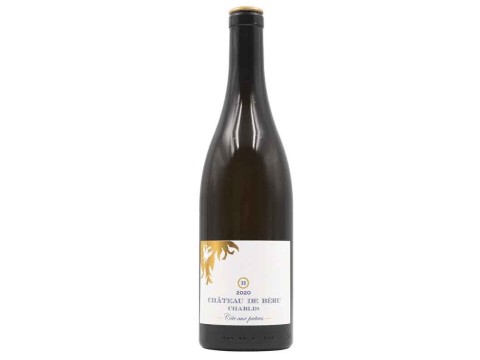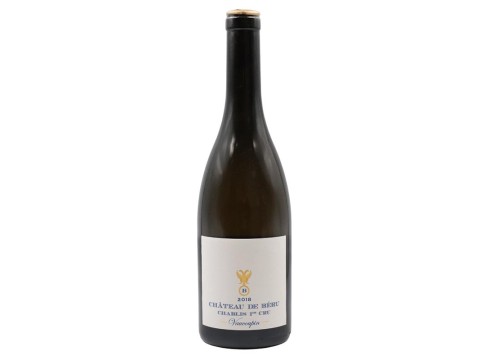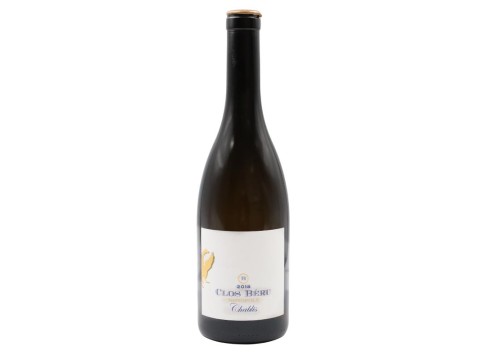-
 Français
Français
-
 English
English
-
 Deutsch
Deutsch
-
 Español
Español
-
 Italiano
Italiano
-
 Português PT
Português PT
List of products by manufacturer Château de Béru
After a Parisian life in finance, Athénaïs de Béru took over the 15 hectares of vines on the family estate in 2006, which was quickly converted to organic and then, from 2010, to biodynamic farming.
Energetic and determined, she returned to working the soil, harvested exclusively by hand, and matured for a long time - two winters - in foudre, barrels and amphoras. Nourishing, the wines (including the few cuvées made from purchased grapes, in the Athénaïs range) have a brilliance, a vigour of constitution, a demand for maturity and integrity of the fruit that is out of the ordinary. The precision and technical mastery now attained, with almost sulphur-free vinification, should make the estate even more successful.
Athénaïs de Béru. If you don't know it yet, remember this name well because this winemaker has succeeded in a few years in registering her estate, Château de Béru, among the most beautiful stars of the Chablis galaxy.
Situated in the foothills of the Chablis Grand Crus, Château de Béru has been owned by the Athénaïs family for over 400 years. The Château has a rich history of viticulture as the property lived solely from the vine before the Phylloxera crisis. It was in 1980 that Athénaïs' uncle, Eric de Béru, began to replant vines on these abandoned soils, particularly on the family jewel, the famous Clos Béru. Today, Athénaïs has taken up the torch since 2004, and is giving the estate a new dynamism and quality.
The estate has a vineyard of 5 hectares located in the Chablis and Chablis Premier Cru appellations, on the southern slope of the small valley that forms the heart of the Béru vineyard. "At the heart of this area is the Clos Béru, a unique terroir enclosed by historic walls built in the 13th century. The soils are typical of Chablis: clay-limestone with numerous fossilised oyster deposits, typical of the Kimmeridgian.
In the vineyard, the entire vineyard is organically cultivated and a large part of it is biodynamic in order to respect the balance and biodiversity and to reveal the essence of each terroir of the estate.
"Following the gradual reintroduction of the horse into the vineyards and the regular practice of light ploughing, including between the vines, by totally prohibiting the use of herbicides and eliminating the systematic use of fertilisers, the estate has favoured the natural balance of the soil. The vines must therefore sink their roots deep into the soil, away from the hygrometric variations of the surface. The northern location of the vineyard exposes it to the pressure of cryptogamic diseases (caused by fungi) such as mildew or oidium. Rather than resorting to systemic treatments, whose active ingredients penetrate the sap circuit that feeds the grapes, the estate chose to use organic viticulture practices in 2005, and in 2011 committed to biodynamic viticulture.
Thanks to rigorous observation of disease symptoms in the vineyard, and the sparing use of natural substances such as sulphur and plant teas, the vines are protected while gradually strengthening their natural defences.
This method, already in use in the Clos Béru, is gradually being extended to the entire vineyard.
Protected from pesticides, the vines are now home to a variety of fauna and flora which, while guaranteeing the natural balance of the environment, contribute to the harmonious development of the vines.
Only surviving through the natural contribution of the soil and drawing first on its own defences to fight against diseases, the vine is truly at one with its environment. The minerality of the soils, the altitude and the complex climatic system contribute to the notion of terroir, which the modest and respectful cultural approach in force at Béru magnifies spectacularly in its wines.
In addition to the wines of the family estate, Athénaïs has created her own mini wine merchant structure whose wines complement the appellations already present on the estate. These wines are released under the name "Athénaïs" and are the result of "a well-considered selection of plots and winegrowers who cultivate grapes with respect for the Burgundy terroirs".
